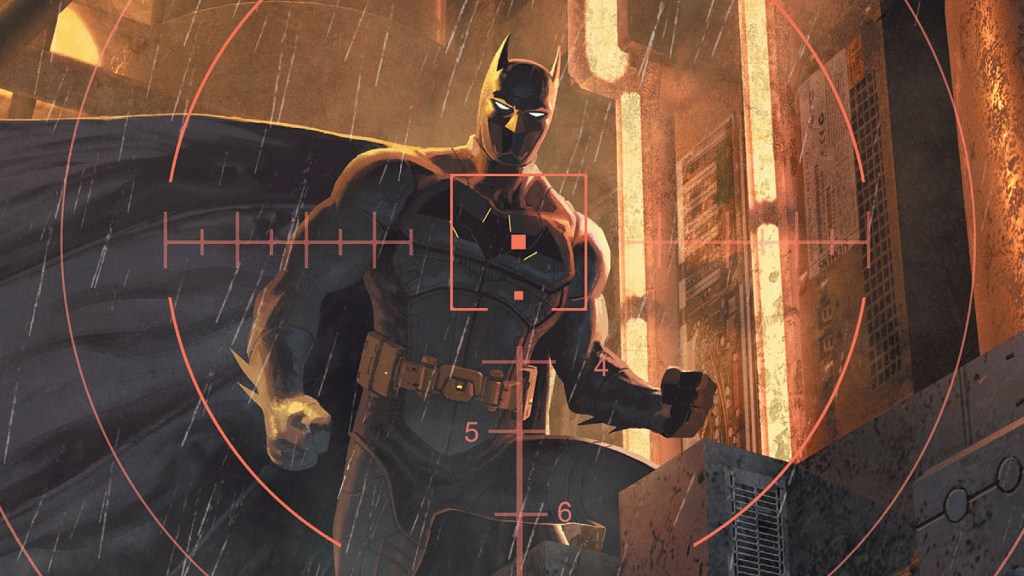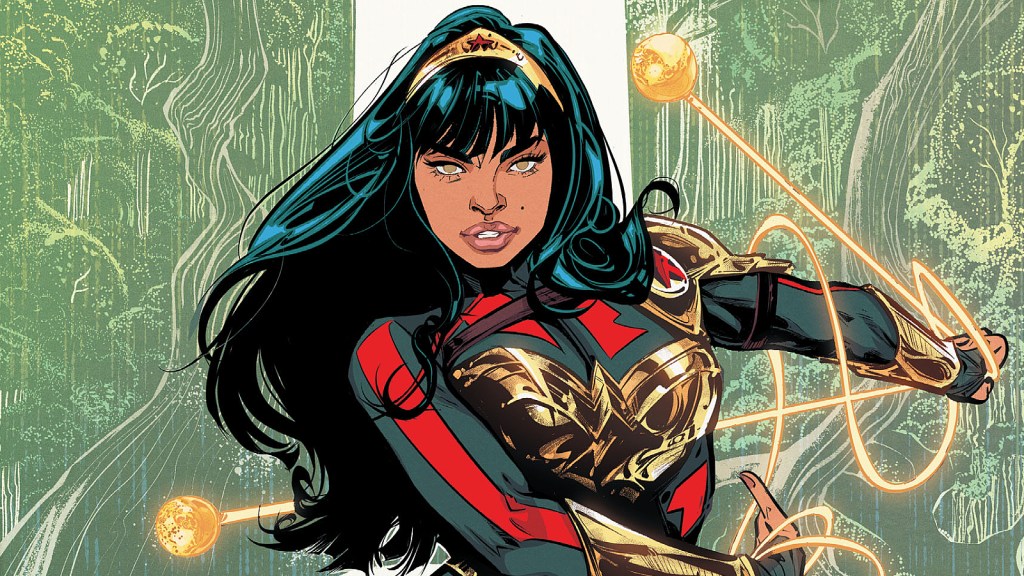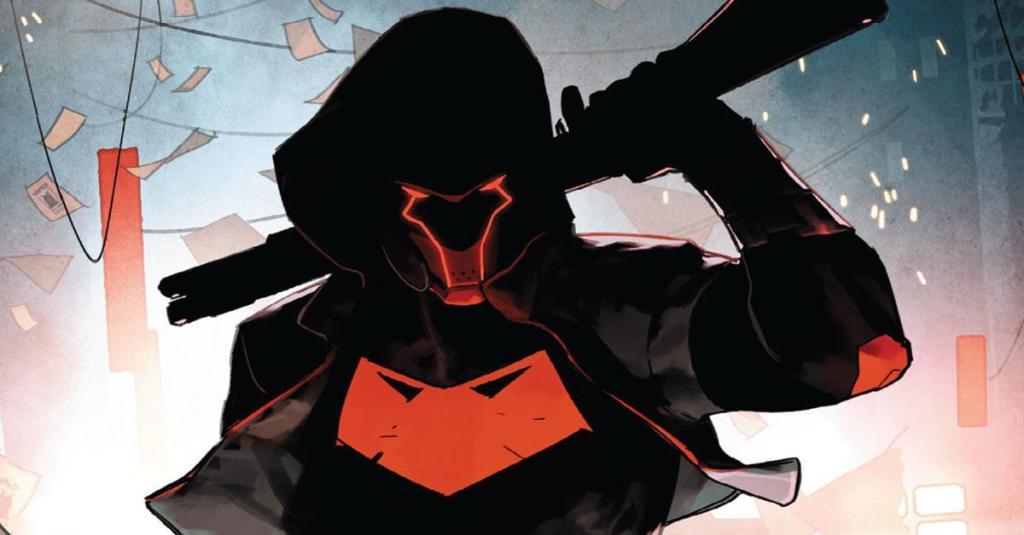DC Never Gave Future State a Fair Chance (& They Should Have)

In early 2021, superhero fans of DC Comics were given a glimpse of a possible future for the DC Comics Universe. Branded Future State and loosely based on Dan DiDio’s concept of older heroes passing the torch to a younger generation, the multi-title event offered snapshots of how DC’s “next gen” heroes and villains might carry on the legacies of their predecessors. While future timelines are nothing new in the DC Comics Universe, some fans speculated that Future State hinted at a potential full-scale replacement of the existing continuity — a permanent shift away from the iconic heroes who had defined DC since the 1930s.
Whether that was the original intent or not, Future State proved to be a surprisingly innovative “sandbox” for some of the more creative ideas DC Comics had dared to test in years. Indeed, with characters like Jon Kent, Yara Flor, Jace Fox, and Alec Holland’s Swamp Thing, DC painted a bold new vision that teased fresh perspectives and laid the groundwork for a universe-wide reboot. Unfortunately, the two-month publication window for most of the Future State series was woefully inadequate. It wasn’t enough time to convince fans to embrace a potential “generational change” of superheroes. Moreover, it hindered the development of a quality alternative timeline that had all the makings of a classic multi-title event.
Future State Offered A Preview of A Later-Day DC Universe

The Future State event was one of the most ambitious projects DC Comics had done in years. Organized around three broad categories—the Batman family, the Superman family, and Justice League membership — Future State impacted 21 DC titles between January and February 2021. Spanning a timeline from just a few years beyond the current DC Universe continuity to as far as 1,000 years into its future, Future State explored the idea that life in the future only becomes more challenging for superheroes. But with the stakes still high, a new generation of heroes is called on to carry on the fight.
[ RELATED: Adventures of Superman: Book of El Reveals New Details and Covers (Exclusive) ]
The creativity behind the event wasn’t confined to the comic book pages—DC went all out to capture fandom’s attention. During the two months of the event, all other regularly scheduled titles were put on hold. In other words, if you were a DC Comics fan in January and February 2021, the only issues available were Future State storylines. With the audience effectively “captured,” it seemed like DC was aiming to generate hype around a new generation of heroes, poised to take the place of Bruce Wayne, Clark Kent, and Diana Prince. Or that’s what it seemed like from a fan’s perspective. Whatever DC’s ultimate goal was for the Future State – whether it was hyping a new generation of heroes, or setting up for a possible reboot of the DC Universe – the event ultimately never had a fair chance to succeed.
DC Marked Future State as “Dead on Arrival” Even Before the First Issue was Published

The clearest sign that DC wasn’t fully invested in Future State was its initial framing as a two-month event — a decision made without even gauging fan reception. The implicit message to readers was essentially, “Give it a try, but don’t get too attached—this isn’t a permanent shift.” For longtime fans, this meant they could simply wait out the two months until their regular titles returned in March 2021. For newcomers, it signaled that these characters and stories might never reappear, undermining any reason to invest emotionally.
Moreover, the two-month limit contradicted the marketing campaign for the event. Instead of introducing the event through a more subdued, two-issue in-comic story arc – which might have been a better approach given the event’s outcome – DC described it on the official DC Comics blog as offering “new and refreshing takes on our characters,” brought to the public by “a stellar array of writers and artists.” In other words, despite DC’s apparent lack of full commitment to the event, it was marketed as though the company was throwing its full editorial, creative, and marketing weight behind it.
Future State Was a Great Opportunity for DC Comics

Perhaps the most telling sign that DC failed to truly support the Future State event was the lack of any indication, however slight, that the publisher was committed to exploring its ideas further down the line. While a few titles, namely Batman, Wonder Woman, and Superman, did receive follow-up books, none evolved into ongoing series. As for the rest of the lineup, there were no Future State final chapters or epilogue issues to meaningfully connect them to present-day continuity. In the end, the whole event felt like a one-off experiment, promoted by DC as something big and significant, but ultimately unsupported and left to fade as little more than a “flash in the pan.”
But even if Future State was intended as a one-off experiment, DC still should have supported it. Despite the odds being stacked against it, Future State was far from a flop. For one, it generated a notable amount of fan interest. Even knowing the event would only last two months, more than a few readers bought into its unique vibe. That fan interest demonstrated that some of the characters, ideas, and themes introduced in the event had genuine creative value. For example, Yara Flor’s Wonder Woman was an instant hit with fans, and Swamp Thing received critical acclaim. Their success wasn’t just luck — it suggested that the concepts behind them resonated with readers. With just a bit more support from DC, their popularity could have been solidified, potentially setting them up as long-term successes in the DC Universe.
Moreover, the lack of support and abrupt conclusion ended what might have been DC’s best chance to secure its future. A Future State storyline, running alongside the traditional narratives, could have provided DC with the opportunity to develop the next generation of heroes without immediately abandoning the current one. This approach also could have subtly prepared fans for the eventual retirement of legacy heroes. Essentially, Future State could have struck the perfect balance: experimental stories for newer fans that complemented the ongoing line for traditional readers. By abandoning the Future State and returning to its regular line of titles, DC merely delayed that essential growth.
What do you think? Let us know in the comments.




